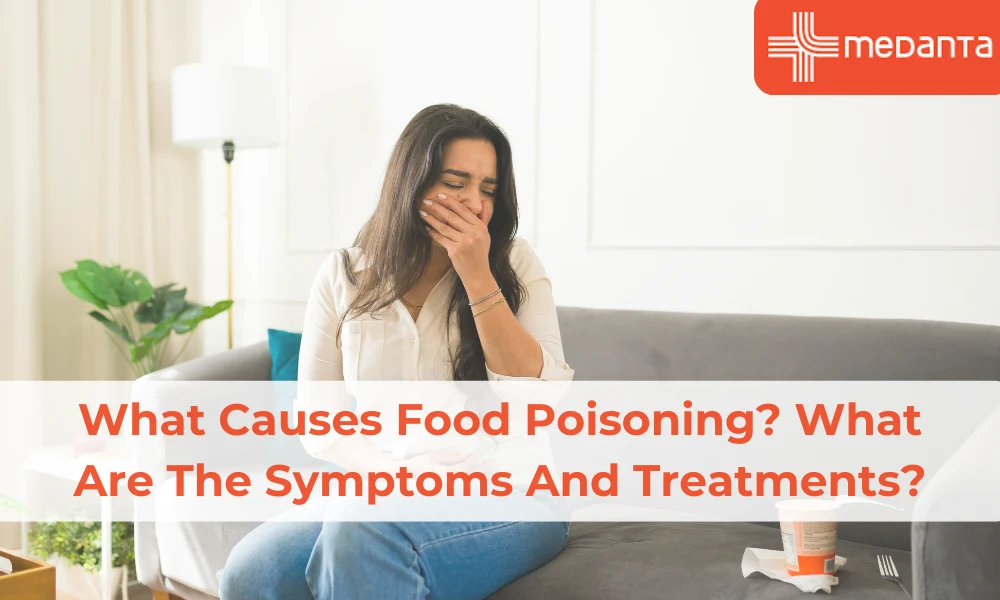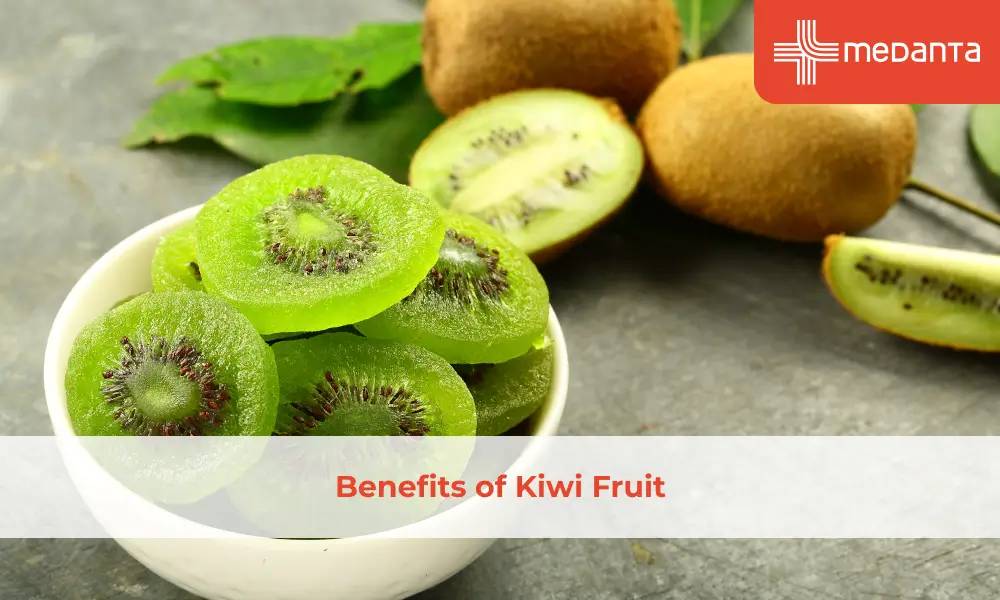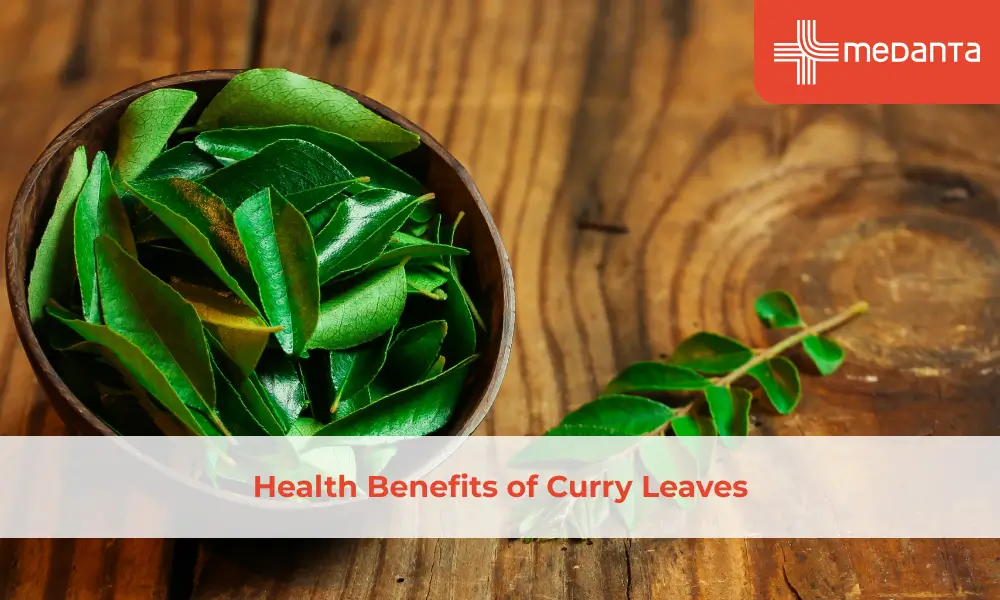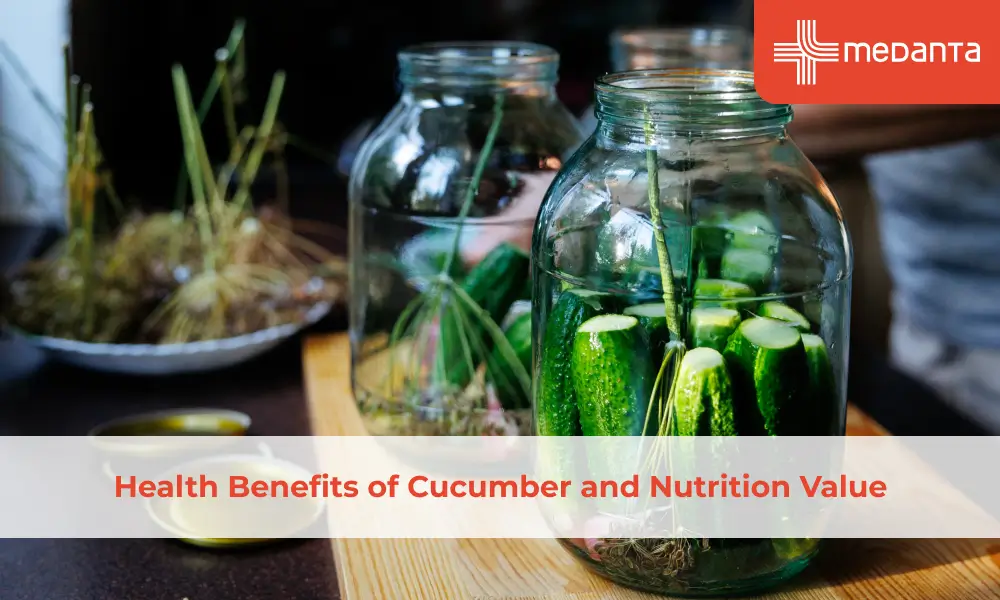What Causes Food Poisoning? What Are The Symptoms And Treatments?

TABLE OF CONTENTS
- Introduction/Overview
- What causes food poisoning?
- What causes food to be contaminated?
- What is traveller’s diarrhoea?
- What are the types of food poisoning?
- What are the signs and symptoms of food poisoning?
- How is food poisoning diagnosed?
- How do you prevent food poisoning at home?
- How is food poisoning treated?
Introduction/Overview
Food poisoning is a general term for the umbrella of illnesses that are caused by consuming contaminated food. In most cases, people recover naturally. However, some forms of food poisoning are dangerous. Weaker sections of the population may also be more at risk of developing complications. Food poisoning is also especially dangerous in children who may develop dehydration as a result of water loss.
What causes food poisoning?
When the food you consume has been contaminated with bacteria, fungi, parasites or viruses, either the contaminant organisms themselves or the toxins produced by them cause the symptoms of food poisoning. This is generally a mechanism for the body to eliminate toxic substances from your digestive system through vomiting or diarrhoea.
What causes food to be contaminated?
Old or decaying food
Unwashed consumption
Bad handling in the supply chain
Improper cooking
Improper storage
Food poisoning is also contagious from an infected person if someone comes in contact with the germs.
What is traveller’s diarrhoea?
When travelling abroad, your body is exposed to new disease-causing organisms than your body is used to. This makes your immune system less prepared and you, more likely to get food poisoning. This is generally referred to as a traveller’s diarrhoea.
What are the types of food poisoning?
There are 250+ types of food poisoning caused by various organisms and toxins. Some commonly linked causes include:
Salmonella - usually from raw eggs and uncooked poultry or contamination from bird droppings
coli - usually from uncooked meat and raw vegetables
Listeria - from cheese, raw sprouts,
Norovirus - from uncooked food, sometimes referred to as stomach flu
Hepatitis A - from contaminated water, ice, shellfish, fresh vegetables
aureus - usually hand-to-food contamination
Campylobacter - uncooked poultry, meat, eggs raw milk or contaminated water
Shigella - usually from uncooked vegetables, shellfish, mayonnaise-based salads etc.
What are the signs and symptoms of food poisoning?
Depending on the type of food poisoning, your symptoms may start affecting you within a few hours or a few days or in some cases, even a few weeks. This is the time taken for the infection to grow enough to become toxic. Some of the common symptoms include:
Loose, watery stools
Increased bowel movement
Feeling like vomiting or vomiting
Fever
Headache
General body weakness
The symptoms generally pass within 12 to 48 hours. However, if you have a weakened immune system or a serious infection, it can last longer and may require medical attention.
What symptoms require medical attention?
Any nervous system symptoms require immediate care. These include:
Blurry vision
Headache
Paralysis
Tingling or numbness in the skin
Anyone showing signs of dehydration also requires immediate care so that the dehydration does not affect other parts of the body. This is especially true for children where severe dehydration can be life-threatening. Since children have lesser body weight and overall water in their body, their dehydration worsens fast. The signs of dehydration include:
Feeling extremely thirsty
Dryness in mouth
Less quantity or frequency of urination
A darker colour of urine
Skin takes time to revert back to normal when pinched and released
Sunken eyes or cheeks
No tears when crying
Any of the more serious symptoms like the following also require attention immediately:
Changes in the mental state like confusion
Very high fever
Very frequent vomiting
>6 times of stool passing per day
>3 days of diarrhoea
Severe pain
Black tarry or dark red stools
Stool with pus
How is food poisoning diagnosed?
Based on your symptoms, your doctor may ask you for a blood or stool sample for tests. This can usually determine the cause of the food poisoning, but such measures may be recommended only if the condition is serious and requires intervention.
How do you prevent food poisoning at home?
Some hygiene practices can help in preventing food poisoning at home. These include:
Washing hands before touching food
Washing utensils and surfaces often
Keeping raw food separate from cooked food
Cooking food to a safe temperature
Proper refrigeration
Throwing out food when in doubt
Wash vegetables and fruits before consumption
Avoiding raw or uncooked food
How is food poisoning treated?
In most cases, food poisoning does not require treatment and resolves itself within 48 hours. However, in more serious situations, your doctor may recommend appropriate treatment based on the kind of organism causing your infection. If you are suffering from dehydration or low nutrition level, your doctor may correct it with drinkable solutions or intravenous fluids. Anti-diarrhoea medication is generally avoided as it usually prolongs the illness.






